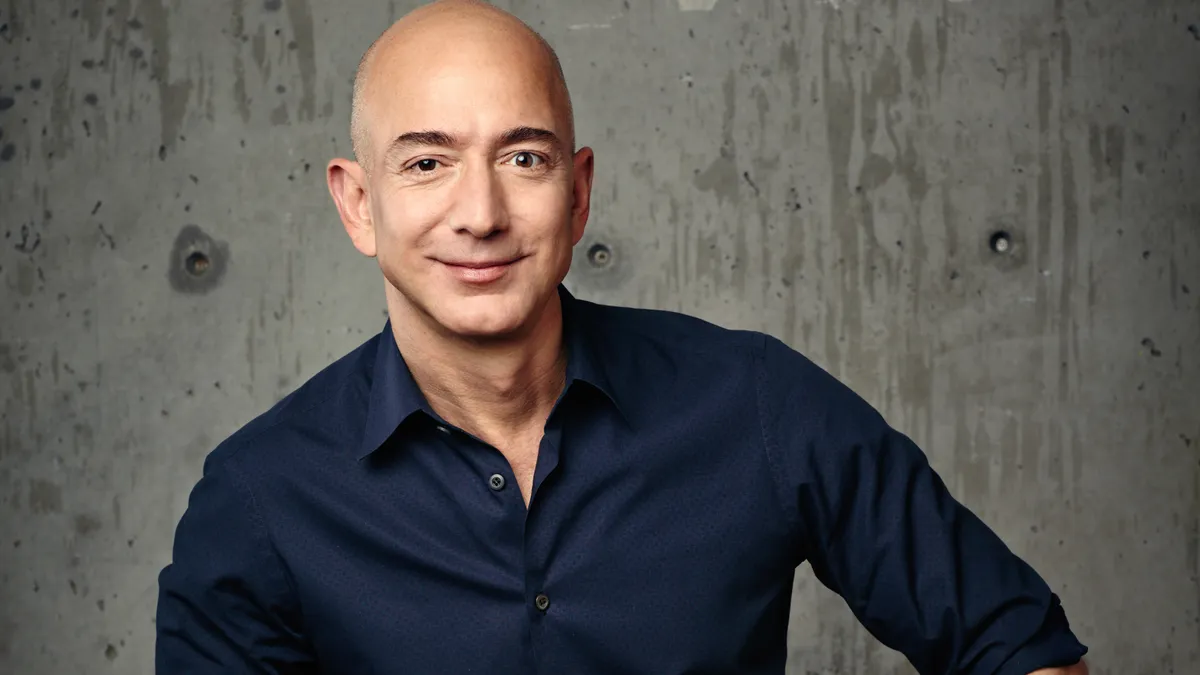Dive Brief:
-
After first taking a relatively subdued and practical stance regarding a White House-ordered immigration ban, e-commerce giant Amazon has emerged as one of the most active opponents of the effort.
-
Attorney Ayesha Blackwell, Amazon’s senior manager of global mobility and immigration, filed a brief Monday in support of Washington state's federal lawsuit against the president, administration officials and the U.S. Department of Homeland Security, asking for a restraining order against the ban and arguing that it’s unconstitutional.
-
In addition to Blackwell’s work, Amazon founder and CEO Jeff Bezos told employees that the company is communicating with Congressional lawmakers of both parties regarding legislation to overturn the ban and is exploring “other legal options” in addition to the brief filed by Blackwell, according to Re/Code.
Dive Insight:
Retailers are among the businesses that are having trouble squaring their global reach — in terms of talent, logistics and customer base — with the Trump administration’s immigration and border tax policies. Seattle-based Amazon is a tech company as much as a retailer, relying on talent from all over world to further its innovation at home and its ongoing overseas expansion.
Amazon VP of Human Resources Beth Galetti told employees in a Sunday memo that the company is “committed to equal rights, tolerance and diversity — and we always will be,” and advised affected employees to refrain from trying to enter the U.S. while the ban is in place. Blackwell's filing notes that 49 Amazon employees born in countries targeted by Trump’s immigration order work in the U.S. legally, and Bezos vowed a sweeping lobbying and legal effort.
Meanwhile, a 20% border adjustment tax favored by Republicans and apparently endorsed by the president has spurred retailers Target and Best Buy to educate those lawmakers on the detriment of the tax to their businesses. Target CEO Brian Cornell traveled to Washington D.C. to meet with members of the House Ways and Means Committee, while Best Buy prepared materials for members of Congress showing that the tax would flip the electronics retailer’s annual $1 billion net income into a $2 billion loss, according to the Dickinson (ND) Press.
Though the tax is ostensibly designed to favor U.S. companies by taxing imports and exempting exports, modern trade is a network of global supply chain and commerce that renders the tax damaging to both U.S. consumers and businesses, including most major U.S. retailers.
Retailers would no longer be able to deduct the cost of merchandise they import under such a plan, hiking taxes three to five times higher for some merchants and driving up the price of imported goods, according to the National Retail Federation. Even many retailers that don’t import directly would also experience higher costs as wholesalers pass on their own inflated costs, and it would be difficult for retailers to substitute American-made goods because so much of their merchandise is made overseas, the NRF says.
















